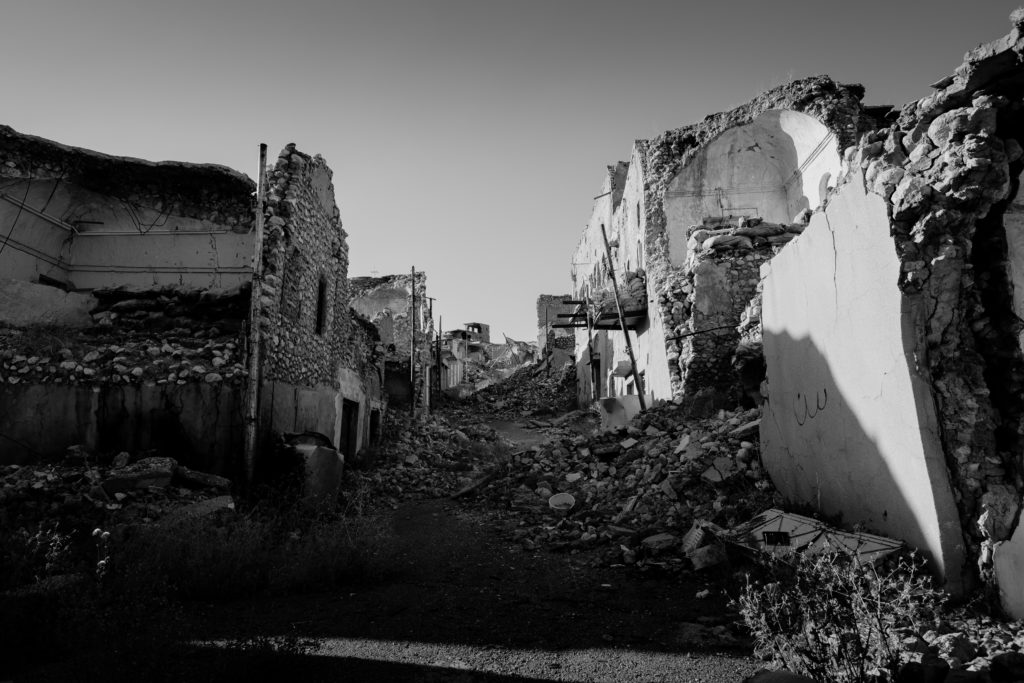The so-called ‘special operation’ in Ukraine has had far reaching effects both regionally and globally. One of the areas affected that may not be well publicized is medical education. With over 45 medical schools in Ukraine and at least 36 of those listed on the world directory of medical schools, this has led to uncertainty for a number of medical students at these universities.
Several students from various countries have chosen medical training in Ukraine for various reasons such as proven track record of quality of education, an excellent academic standard, university prestige, English as a medium of instruction being available in several universities and low cost of education and travelling with the benefits of a European way of life. There are said to be over 46,000 international students in Ukraine with at least 20,000 coming from India and a large cohort coming from African countries such as Egypt, Morocco, Nigeria, and Ghana.
Heavy shelling has affected medical universities in Ukraine’s second largest city Kharkiv with some reports of international students being amongst the casualties. This is not what most families of those affected bargained for and have eventually become victims of this fratricidal conflict.
With no end in sight to the conflict, several students are left wondering what will become of there medical training. This anxiety is magnified for those students who are in the penultimate or final year of their training. For those early in their medical education, a switch to another field of study may be a good option, but for those who have put in several years to reach where they have, this may not be so easy.
Thankfully, several options have become available to those most affected by the conflict, both Ukrainian and international students.
Several European countries including Romania, Hungary, Bulgaria, Poland, and Serbia and even countries such as Grenada have offered to take in these medical students and individual governments have been trying to negotiate for their affected citizens to expedite the process.
About 200 Ghanian medical students will be availed places at the St George’s University in Grenada according to a deal brokered by the two governments. The Ghanian government is also said to have clinched similar deals with Hungary.
For those considering returning home and continue their studies, they may face even more challenges to secure places. For example, in Israel, the government there were not able to confirm that returning students would be provided with places to complete their medical education. Instead, they would be offered alternative degree programs to be completed. Likewise in India, the highly competitive medical school places may not be readily available. However, in places like Ireland and Egypt, their governments had given them assurances of completing their education within their countries. The UAE is reported to have also offered Indian students an opportunity to continue their studies from their universities.
There are also reports of several Russian universities willing to take up some of these international students in a noble, yet ironic twist.
Despite these options however, there are still several people who may not be able to access these grand gestures from various governments and medical school and eventually seek refuge in alternative programs, hold on to the hope of resuming medical school in Ukraine and wait or abandon their medical education entirely.
For the lucky few, they may have already enrolled in elective programs that would allow them to continue the practical element of their medical training for an extended period of time in a country far removed from the warzone. For all the solidarity being shown during this difficult time for these students, there are no winners.

